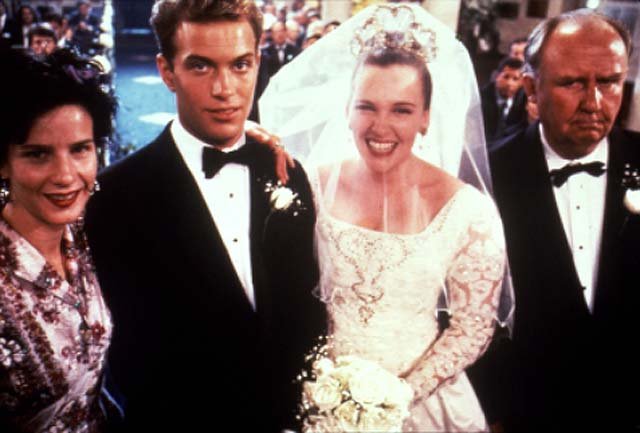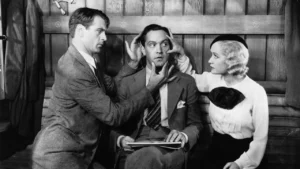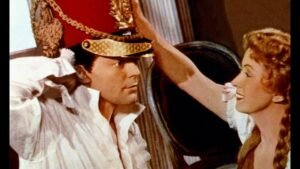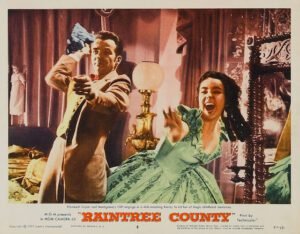Beyond the Glamour: Deconstructing Muriel’s Wedding in the Vein of Classic Hollywood Dramas
Revisit Muriel’s Wedding (1994), starring Toni Collette. A nuanced look at escapism & difficult relationships, echoing classic dramatic films.

I rewatched Muriel’s Wedding (1994) today, a film directed by P. J. Hogan that many consider an example of overcoming adversity. It had been a while since my last viewing, and to be honest, I didn’t even remember the plot, except for Muriel’s love for ABBA.
However, I’ve noticed some issues when I see many viewers identifying with the character, who is plagued by all sorts of misfortunes, traumas, and abusive relationships, and whose sole dream is to get married in a grand ceremony.
She’s exactly like Delilah, the character portrayed by Louise Beavers in Imitation of Life (1934), whose only dream was to have a funeral that stopped the town. Muriel doesn’t want a funeral; she just wants the wedding ceremony, no matter how or with whom. The aftermath is insignificant. She seems almost apathetic about romance. Well, she gets what she wants, and she’s happy.
Her extraordinary level of escapism (inherited from both her mother and father) causes her to live in a depressing bubble. She surrounds herself with things that harm her, with perpetuating cycles of rejection, and with daily pressures that crush her. The ending, at least, offers a spark of hope. The ABBA music only reinforces the melancholic tone that permeates the entire film. Toni Collette is superb as this problematic character. The entire supporting cast is equally remarkable, bringing to life a spectrum of emotions through the psychological depth of their roles.
All of them grapple with visible problems: Rachel Griffiths (who plays the best friend who simultaneously liberates and traps her), Bill Hunter (the narcissistic father who fails to see that his children’s failures are his fault), and Jeanie Drynan (the mother who at first seems distant, but whose apathy we realize is a reflection of a lifetime of being scorned by everyone, including her darling Muriel).
Her friends represent the desire to be loved by a group, something so detrimental yet so present in all our lives. We all want to be liked, even if we don’t admit it. It’s the way we go about achieving this that can become unhealthy. And self-nullification is not a good choice. And, good heavens, the people she chooses!
Don’t misunderstand me. Muriel’s Wedding is by no means a bad film, but I don’t see it as a comedy or a story of overcoming as many claim. Its ironic dialogues hit hard, like a staff to the back. It speaks more about difficulties, and the solutions presented are superficial, or even nonexistent. But life is often like that too. It doesn’t always have the outcome we desire or seek. I hope that those who identify with Muriel do so for her persistence, and not for her attitudes or flaws; otherwise, we have a significant problem on our hands.



